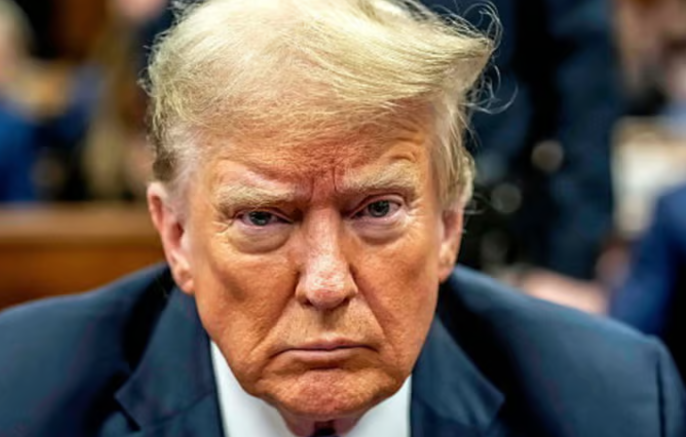In a bold move aimed at tightening economic pressure on Venezuela, former U.S. President Donald Trump announced that any country purchasing Venezuelan oil would face a 25% tariff. The statement, made during a political rally, has sent shockwaves through international markets and raised concerns over global energy prices.
A New Economic Measure Against Venezuela
Trump’s latest stance reinforces the U.S. government’s long-standing opposition to the regime of Venezuelan President Nicolás Maduro. By imposing a 25% tariff on countries that continue to buy oil from Venezuela, Trump aims to dissuade international support for the Venezuelan government, which has been under U.S. sanctions for years.
Speaking at the rally, Trump stated, “Any country that chooses to do business with the Maduro regime by buying Venezuelan oil will pay a steep price.” His comments come amid ongoing geopolitical tensions and efforts by the U.S. to curb Venezuela’s oil exports.
Impact on Global Energy Markets
This announcement has significant implications for global energy markets. Venezuela, home to some of the world’s largest oil reserves, remains a key player in the crude oil industry despite economic sanctions. Countries such as China, India, and Russia have continued to import Venezuelan oil, often bypassing U.S. sanctions through indirect trade routes.
With the proposed tariff, these nations may face economic strain, as they either pay higher costs for Venezuelan oil or shift to alternative sources. Oil analysts predict that this move could drive up global crude prices, affecting economies worldwide.
Political and Economic Reactions
Reactions to Trump’s announcement have been mixed. Supporters of his hardline foreign policy applaud the measure as a necessary step to isolate the Maduro regime further. However, critics argue that such a tariff could backfire by straining U.S. relations with key trade partners and worsening energy inflation.
Venezuelan officials have condemned the proposal, calling it an “act of economic aggression” aimed at undermining their sovereignty. Meanwhile, international leaders, particularly those in oil-dependent economies, are weighing their options in response to this potential policy shift.


